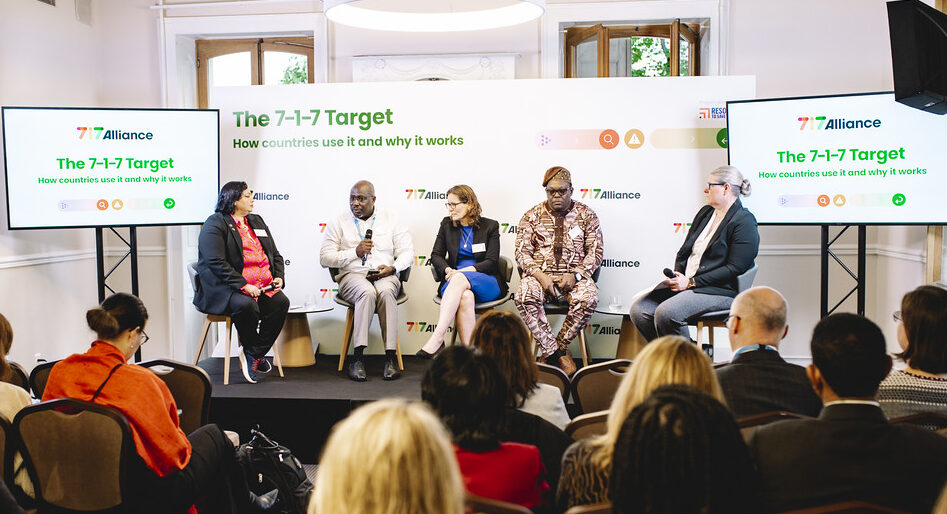Our World Health Assembly side event showcased initial progress implementing the 7-1-7 target and the ongoing work of the 7-1-7 Alliance, empowering public health leaders to further accelerate advancements in health security.
Watch the full event here: https://www.youtube.com/watch?v=qTBfeyIUet4
